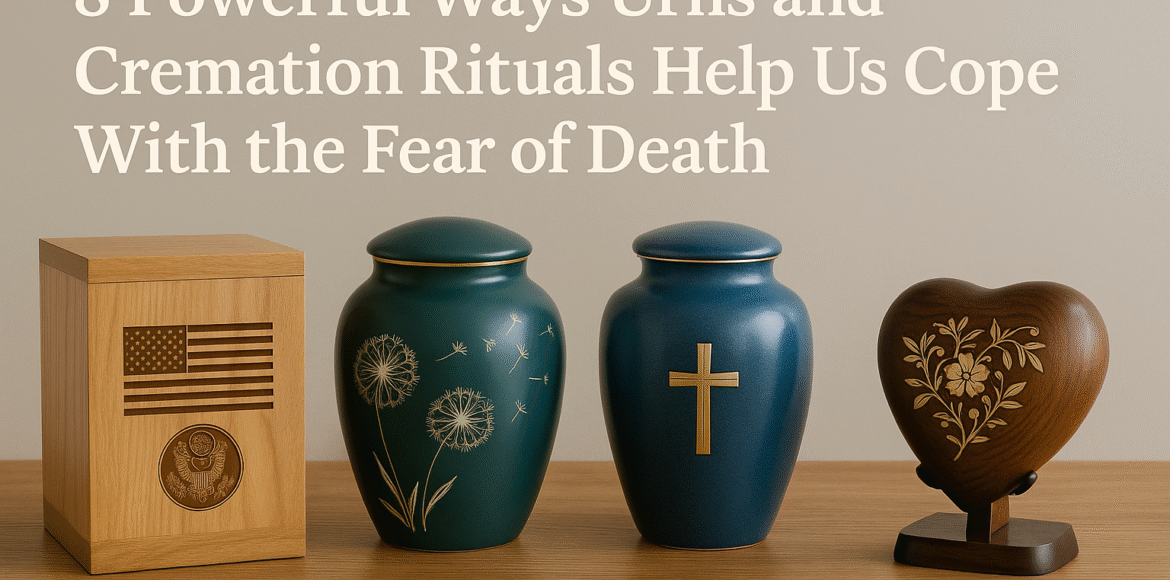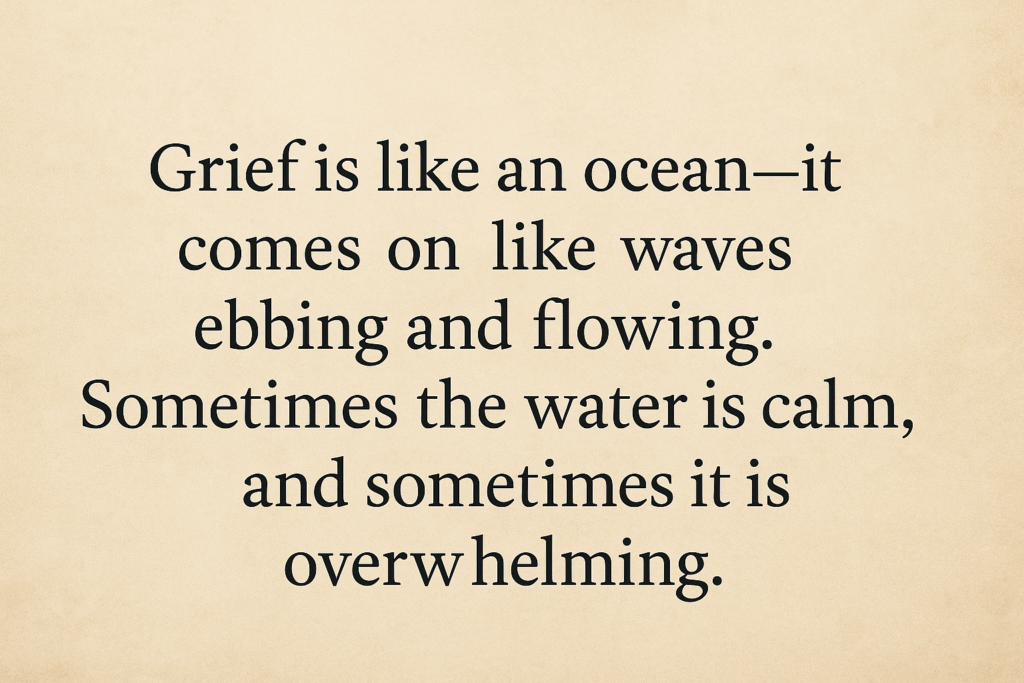8 Powerful Ways Urns and Cremation Rituals Help Us Cope With the Fear of Death

Death is one of life’s most personal and painful realities, and yet it is the one thing we all share. In moments of loss, we are often left asking: How do we cope? How do we honor the memory of someone we love? And how do we face our own mortality without fear? These are not questions with easy answers—but through the sacred act of remembrance, such as choosing the right urns, planning cremation rituals, and finding meaningful ways to preserve ashes, we can start to navigate grief with courage and grace.
Table of Contents
Whether you’ve recently experienced a loss or are reflecting on your own legacy, these 8 strategies offer hope, guidance, and a human touch in confronting mortality with dignity.
1. Choose an Urn That Speaks Their Story
An urn is more than a container—it’s a vessel of love, history, and identity. Selecting a cremation urn that reflects the personality of the deceased can become a therapeutic act of storytelling. At Dei Gratia Urns, many families choose urns made from wood, ceramic, or metal that align with their loved one’s passions or beliefs.
Whether it’s a military urn for a veteran or an artistic urn for a creative soul, this one decision allows us to give form to memory. It’s a way to say: “I see you. I remember you.”
2. Understand the Stages of Grief (And That It’s Okay to Be Messy)
In 1969, Elisabeth Kübler-Ross introduced the five stages of grief: denial, anger, bargaining, depression, and acceptance. While grief doesn’t follow a neat pattern, knowing these stages helps normalize our experience. Denial cushions the blow. Anger speaks the pain. Bargaining looks for second chances. Depression mourns. And acceptance learns to breathe again.
What matters most? Feeling. Not fixing.

3. Rituals Create a Bridge Between the Living and the Departed
Lighting a candle, displaying a cremation urn at home, or scattering ashes in a cherished place—all these rituals allow us to hold space for memory. These acts aren’t just symbolic; they are therapeutic.
Studies from the American Psychological Association show that rituals help people regain control and process emotions. That urn on the mantle? It’s not just a decorative object—it’s a conversation with the past.
4. Faith and Spirituality Can Offer Comfort (Even If You’re Not Religious)
Whether you turn to Christianity, Islam, Hinduism, or simply practice mindfulness, faith and spirituality can serve as powerful anchors. They don’t remove grief—but they offer language, ritual, and often, community.
Some find comfort in the belief of an afterlife, while others simply meditate or engage in nature as a way to feel connected beyond the physical.
5. Talking About Death Doesn’t Invite It—It Liberates You
There’s a misconception that talking about death is morbid or unlucky. But open dialogue can lighten emotional burdens. Having honest conversations with your loved ones about your wishes or theirs—whether it’s about cremation, ashes, or legacy—can bring peace, not dread.
In fact, platforms like The Conversation Project help families talk about end-of-life wishes early and meaningfully.
6. Memorialization Can Be a Beautiful Creative Outlet
Painting a portrait, writing a poem, or designing a custom urn—it all becomes part of your grieving and healing journey. Art, in any form, can help transform pain into legacy.
Some families even create cremation jewelry, embedding a small amount of ashes into pendants or rings. It’s not about clinging to the past. It’s about wearing love close to your heart.
7. Challenge the Myths About Grief and Let Go of the Guilt
Let’s bust a few myths right now:
- Not crying doesn’t mean you’re not grieving.
- Moving on doesn’t mean forgetting.
- Time doesn’t heal all wounds—reflection and support do.
These myths cause unnecessary guilt. Know this: grief doesn’t come with a rulebook. Whether you cry in silence or journal every morning, you’re doing it right.

8. Embrace Life Fully, Knowing It Is Fleeting
Oddly enough, accepting death helps you live better. When we acknowledge our time is limited, we love harder. We forgive quicker. We laugh louder. Facing mortality reminds us to spend our time on what—and who—truly matters.
Choosing an urn, planning a cremation, or talking about your final wishes isn’t grim—it’s a declaration of love for the people you’ll one day leave behind.
A Final Thought
The fear of death is deeply human. But so is love. And through meaningful rituals, thoughtful urns, honest conversations, and emotional support, we can transform the weight of loss into the light of remembrance. Dei Gratia Urns exists not to erase pain—but to honor it, to hold it, and to remind you that your story—and theirs—still matters.
